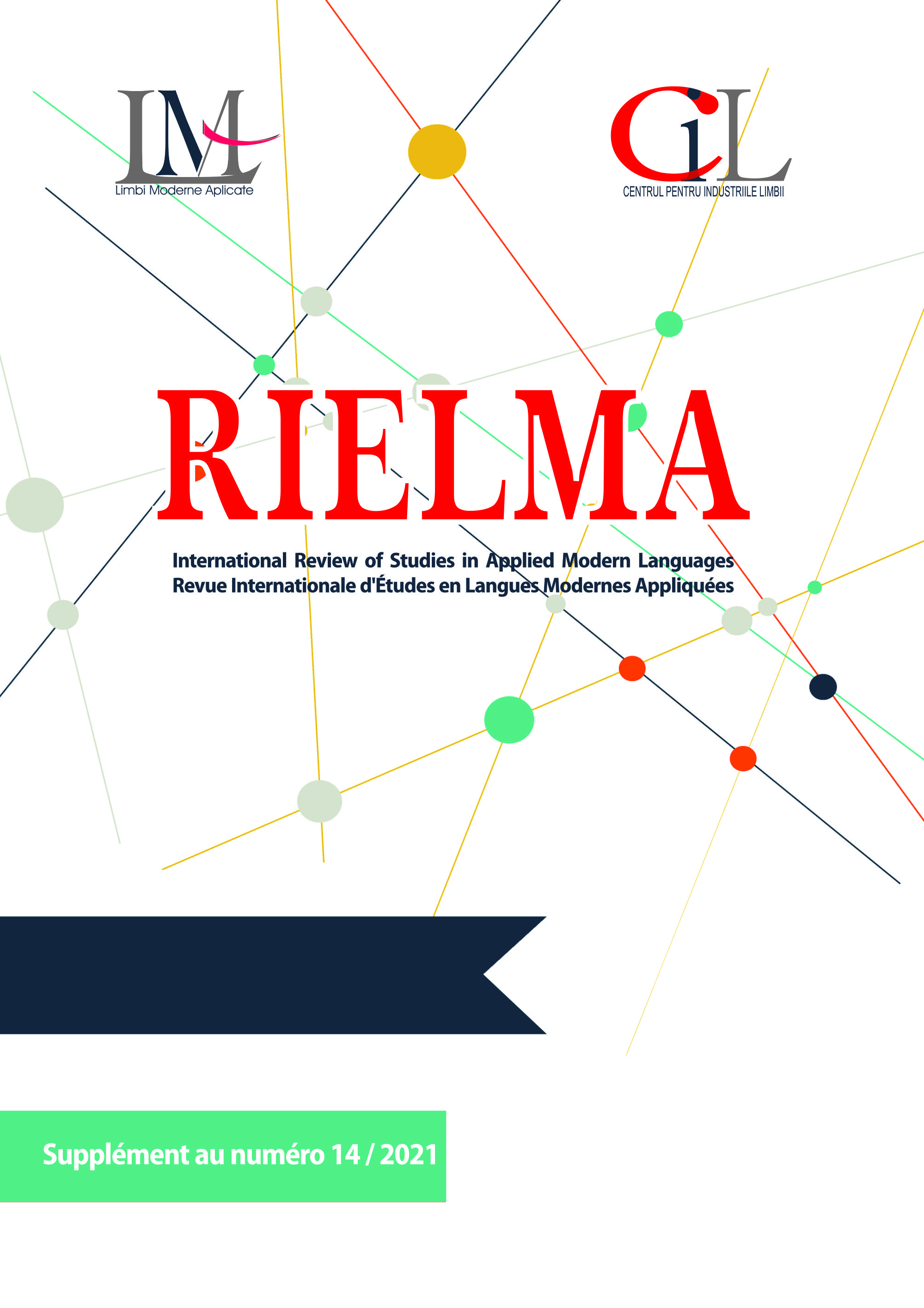Caducité de la langue et retraduction relevante. Étude de cas : Zadig ou la Destinée, par Voltaire et quelques versions en langue roumaine
Language Obsolescence and Relevant Retranslation. A Case Study on Zadig ou la Destinée by Voltaire and Some Romanian Versions
Author(s): Georgiana Lungu-BadeaSubject(s): French Literature, Translation Studies
Published by: Risoprint
Keywords: literary retranslation; French literature; Voltaire; comparative translation; aesthetics of reception through translation;
Summary/Abstract: The natural evolution of language – words growing obsolete, structures becoming archaic or going out of use – is evidence that the translator’s language changes, which requires retranslation and legitimizes multiple retranslations, re-editions of translations considered successful. Benjamin ([1921] 2001: 48) opposes the permanence of creative (authorial) language to the ephemeral nature of the translator’s re-creative language. However, sometimes the critique of translation becomes the very reason for being of retranslation. Terminological specifications regarding the polysemy of the term retranslation (see Lungu Badea, [2003] 2012) will be followed by an analysis of the retranslation into Romanian of the story Zadig ou la Destinée (1747) by Voltaire. Still perceived as a second-hand translation experience (not as a return to the original, a retrotranslation), retranslation starts from the premise that the (re)translator has in view – should s/he? – a translation that already exists in the target language (TL). From this perspective, the term retranslation, though in use for a while, enjoys a restrictive standardization, in the sense that we do not see on any title page *retranslation by ... or *retranslated from..., nor do we see retranslated by... . The study aims to identify to what extent a retranslation is: - (only) a linguistic actualization, a necessary and objective internal translation, - or the result of a translation critique (diachronic and/or anachronic or synchronic with the retranslation), grounded in objective reasons, causes and justifications. For this purpose, the comparative method of bilingual translation assessment evaluation (French-Romanian) will be used and the ST will be compared with several TTs into Romanian: Zadig sau Urista (T. A., 1899), Destinul (Zadig, trans. by I. Constantinescu-Miron, 1900), Zadig sau Destinul (trans. by I. Z., 1909), Zadig sau Destinul (Al. Philipppide, 1959, reed. 1969, 1998).
Journal: Revue Internationale d'Études en Langues Modernes Appliquées
- Issue Year: 14/2021
- Issue No: Suppl.
- Page Range: 7-21
- Page Count: 15
- Language: French

